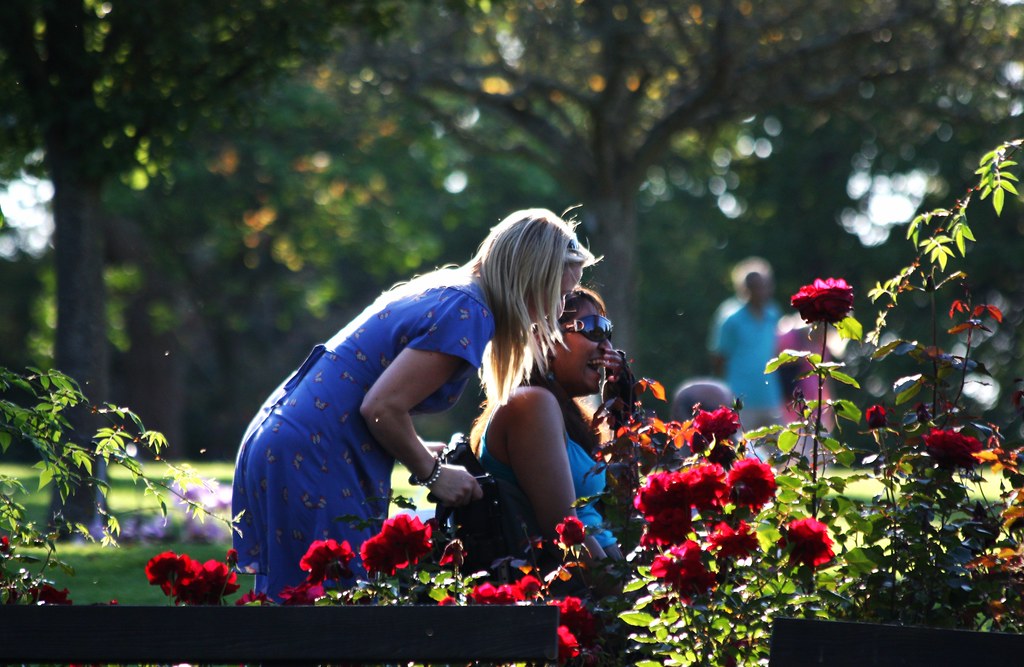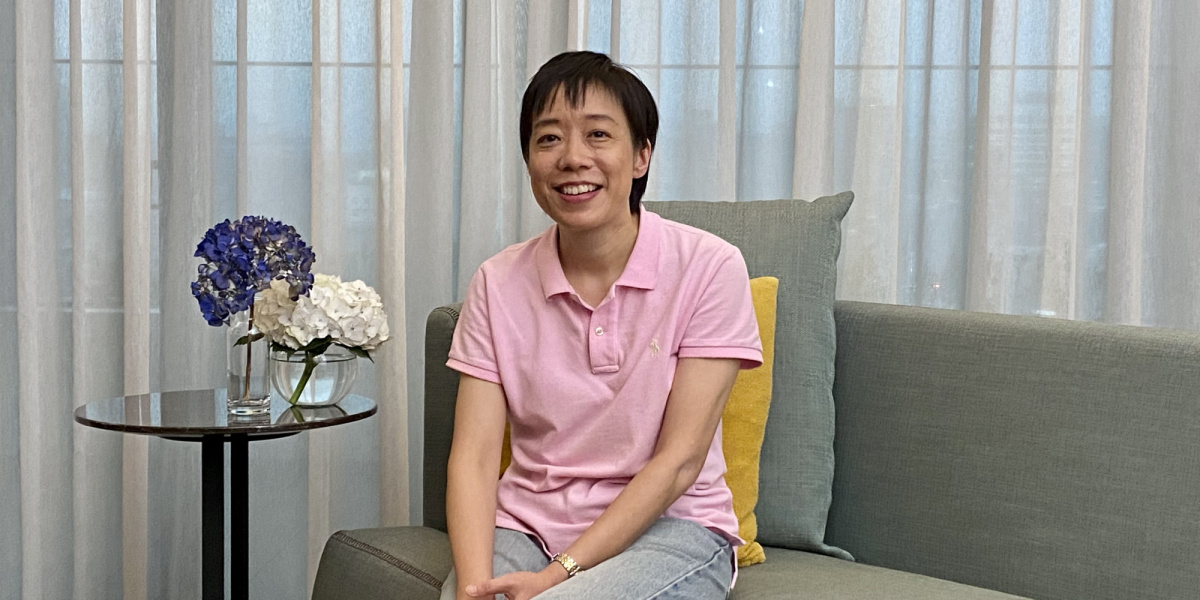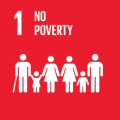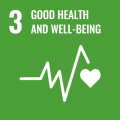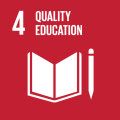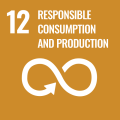From Resistance to Action: Understanding Stress through The Listener
The Alliance Cultural Foundation (ACF) met psychologist Dr. May Chen after initiating The Listener project. Dr. Chen is most passionate about understanding stress and emotion in a field that covers a wide range of subjects. Whether it is negative stress or emotion, its existence has a purpose. Feeling stressed or emotional is often viewed negatively, but its presence actually pushes people to move forward.
Stress emerges quickly in modern society. In the past, entire villages would serve as a family unit; everyone helped and supported each other. Babysitters and housekeepers were needed because neighbors would step in to help look after children, and it was common for everyone to get together occasionally to house. Where people now strive for independence and self-sufficiency, these occasions created opportunities for communication and engagement back in the day. The popular can-do attitude today is another contributor to stress. Whether parent or child, from the moment they rise, they are rushed and under stress. This stress is present for tasks to be completed precisely and in time; however, amid the rush, we lose time for ourselves – to be with ourselves, to check in with ourselves, and ask, 'How are you?' The result? Negative stress becomes overwhelmingly high, we lose the ability to handle it well, and pressure accumulates, leading to further unhappiness.
Stating this may seem as though stress is self-inflicted. Stress occurs when a gap between the current and ideal situation is present. Emotions such as anger, disappointment, excitement, and anticipation are all responses to stress. Dr. Chen reflects on a young married couple who stepped into her office – the wife shared the stress she felt when she could not make dinner for her husband every evening due to work; the husband shared how he never expected her to. Was the stress in this situation self-inflicted? They gave themselves new expectations in their fresh roles as husband and wife.
In Dr. Chen's segment in The Listener course, she shares the importance of self-awareness—learning about oneself through self-dialogue and taking action to destress amid stress.
Stress & Pressure
When translating the words stress and pressure into Chinese, they translate into the same words. Pressure is external, whereas stress is created within to support and fight the external pressure. For example, if we hold our hands out with palms facing upwards, when someone pushes down on the palms – this is pressure. If we want our hands to remain at the level of where it was, we must push upwards – this upward effort is stress. Not everything in life goes our way; hence, pressure is not in our control. Instead, what we can do is decide how we respond to stress.
Using a bridge as an example, if the materials used to build the bridge are resilient, it can bear the weight of more cars and will have the foundation to withstand typhoons and earthquakes; however, if the bridge was not built with resilience when it experiences pressure, it will likely collapse or have damage. If we practice handling pressure and strengthening our internal well-being, we can nurture the ability to handle pressure and have more flexibility.
Pressure is a part of life. When we are in situations we don't feel confident in, the gap between our ability and ideal is pressure. The pressure will also be greater when the gap between the two is greater. This is considered conscious pressure because people usually have an idea in mind, even if it is one that they are aware they cannot currently achieve.
When we discuss pressure today, the response is often a sigh. We all desire to learn how to handle pressure and break free from it. We all desire a life without pressure, but the human body is fascinating—if our bodies didn't respond to stress the way we do, then the human race would not exist today. When we are faced with a crisis, the stress response helps us adapt and take action.
Physical pressure exists to help us stay healthy and alive. When we were hunter-gatherers, the greatest threat to mankind besides natural disasters was wild animals. Imagine encountering a bear in the wild—what would our response be? In life-and-death situations, people respond in two ways—the first, to face the bear, and the second, to run. These responses are known as the fight-or-flight response and are the result of pressure.
Whether we choose to fight or not, our body immediately adapts. Our heartbeat and blood pressure rise to produce the extra oxygen needed to fight or fight. Our pupils will dilate to absorb more light, allowing us to see better. Our liver will release fat to provide muscles the energy it needs. Our blood will shift from organs such as the digestive system to support core muscles in fight or flight mode. Blood thickens, and pores shrink to prevent too much blood loss in an injury. Having the ability to adapt to a crisis is a key reason why human beings still exist today. We not only need pressure in our lives, we should appreciate it.
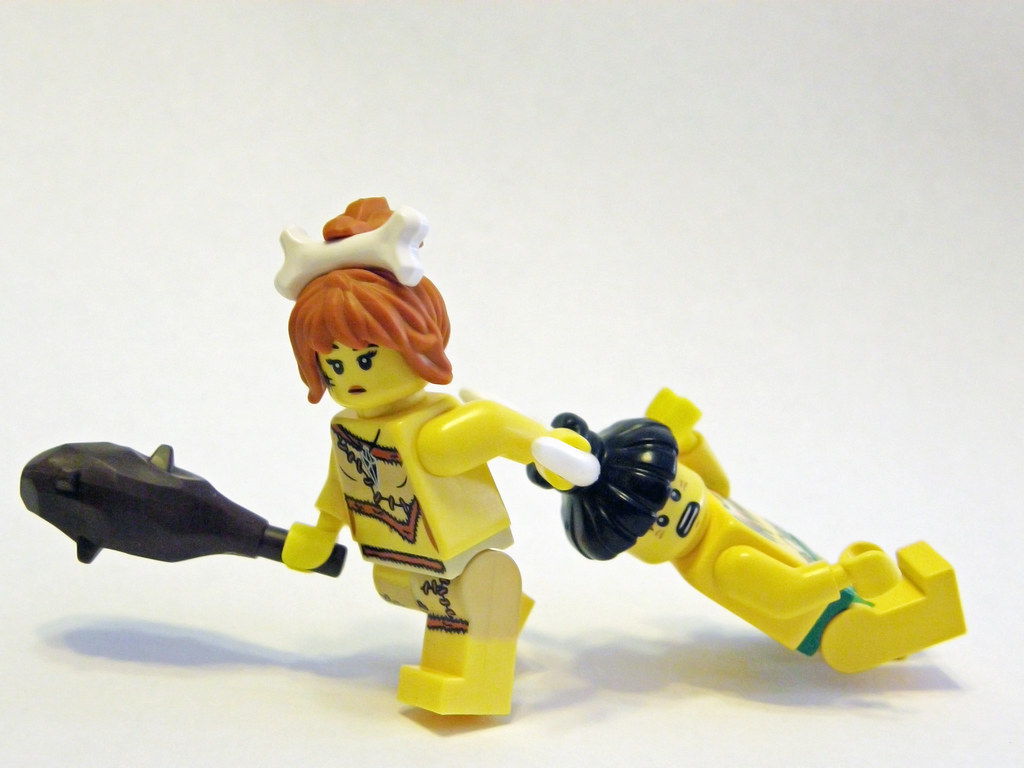
To Strengthen Resilience is the Same as Strengthening a Muscle
Dr. Chen once taught at the United States Military Academy at West Point, an academy with a strict reputation. Students would be assigned tasks that were impossible to complete within 24 hours, even without sleep, to observe how they handled high-pressure situations. They would be woken up in the middle of the night to assemble their guns to train their abilities to respond to crises. When pressure is present, our entire body goes into pressure mode; certain body systems temporarily shut down in response, but its response is made for crisis rather than long-term pressure. Long-term pressure for pubescent children is a great threat to their development – bone development and growth hormones both decline. Long-term pressure also leads to over-compression in the thinking part of the brain.
The physical response that occurs under pressure is meant to help us adapt. Every individual responds uniquely to the same situation, but adapting to the environment is trainable. As the grandmother of contemporary performance art, Marina Abramović once said, "Why did I not change? It is because we do what we enjoy." When we take on unfamiliar tasks, we feel more pressure.
The best time to nurture resilience is in adolescence when we absorb and learn the fastest. To give children more time to focus on their studies, many parents will often handle everything else in their lives to reduce their pressure; however, this prevents children from the opportunity to practice resilience. When children experience sadness, let them face, adapt, and respond in their own time so that when they face the same emotion in the future, they will know better how to overcome it. Distracting a child's sadness doesn't allow them the opportunity to learn how to handle it. It makes an immense difference when children are given the chance to practice resilience. Through practice, facing pressure becomes a natural reflex that gradually develops into resilience.
Strengthen resilience is the same as strengthening a muscle. If we practice daily, we become stronger and can handle more weight. Like most marathon runners, they must train to run the 42.195km. A journalist once asked a regular marathoner about the kind of self-talk the runner had when running, and the response was, "Pain is inevitable. Suffering is optional." When taking on challenging tasks, pressure can be a motivator to practice – the difficulty of the task eventually leads to lessons and will be easier to take on.
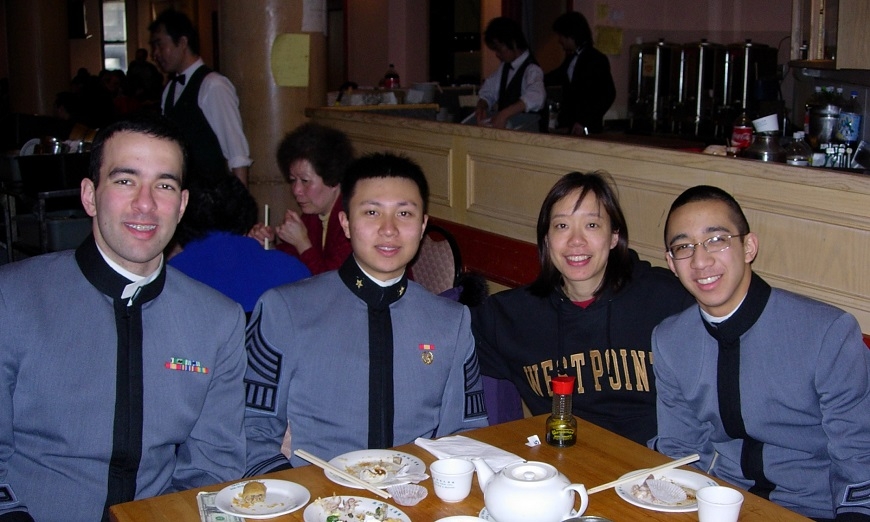
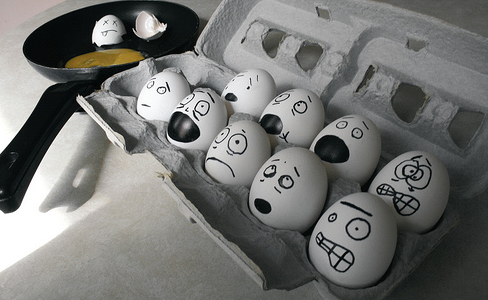
The Effects of Pressure on Body Systems
A hard life does not equal a stressful life. People today live in a world filled with immense information. In this fast-paced, highly competitive era, the amount of information an average human being living at the end of the 20th century takes in is similar to the amount people living at the beginning of the 20th century take in an entire lifetime. The amount of information we can take in at one time is limited. Though pressure is something we need, if we are often under pressure, many of our body systems will be damaged, leading to aging or early death. A December 2004 National Academy of Sciences of the USA report found that people under prolonged pressure aged 9-17 years faster. Short-term yet frequent episodes of pressure accelerate aging by eight years, which is equivalent to smoking one pack of cigarettes a day. When the pressure response is activated, the body puts its healing and maintenance functions on hold to handle the crisis. If the pressure is prolonged, the body overloads itself, will be stressed out, and will not heal, eventually leading to breakdown or damage. In the past, when people experienced pressure, their bodies would respond in fight or flight mode, whereas today, we are often seated in front of the office computer, at home, or in front of the television, not moving. Being under pressure without movement and an increased heartbeat, thickened blood, and fat release will lead to chronic illness.
In recent years, mental health research has shown social isolation is one of the risk factors for death. Social support is a great tool for fighting pressure and disease. When we are under high pressure, Dr. Chen recommends stopping what we are doing and asking ourselves, "Is this something I have to do? Is there any other way? Can I look at it from a different angle? What is the worst-case scenario? Will it be worse than what I imagine? Will it be the same as what I imagined? So what?" From as great as natural disasters to as little as things not going well, external factors are not in our control. If we can frequently practice resilience or foresee which stressors we need to respond to more effectively, our response can increase.
Part of this article's content was compiled from Dr. Chen's book Pressure: Friend or Foe?
